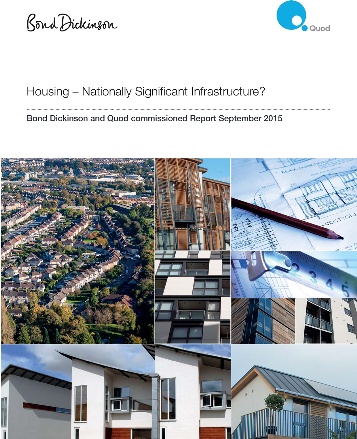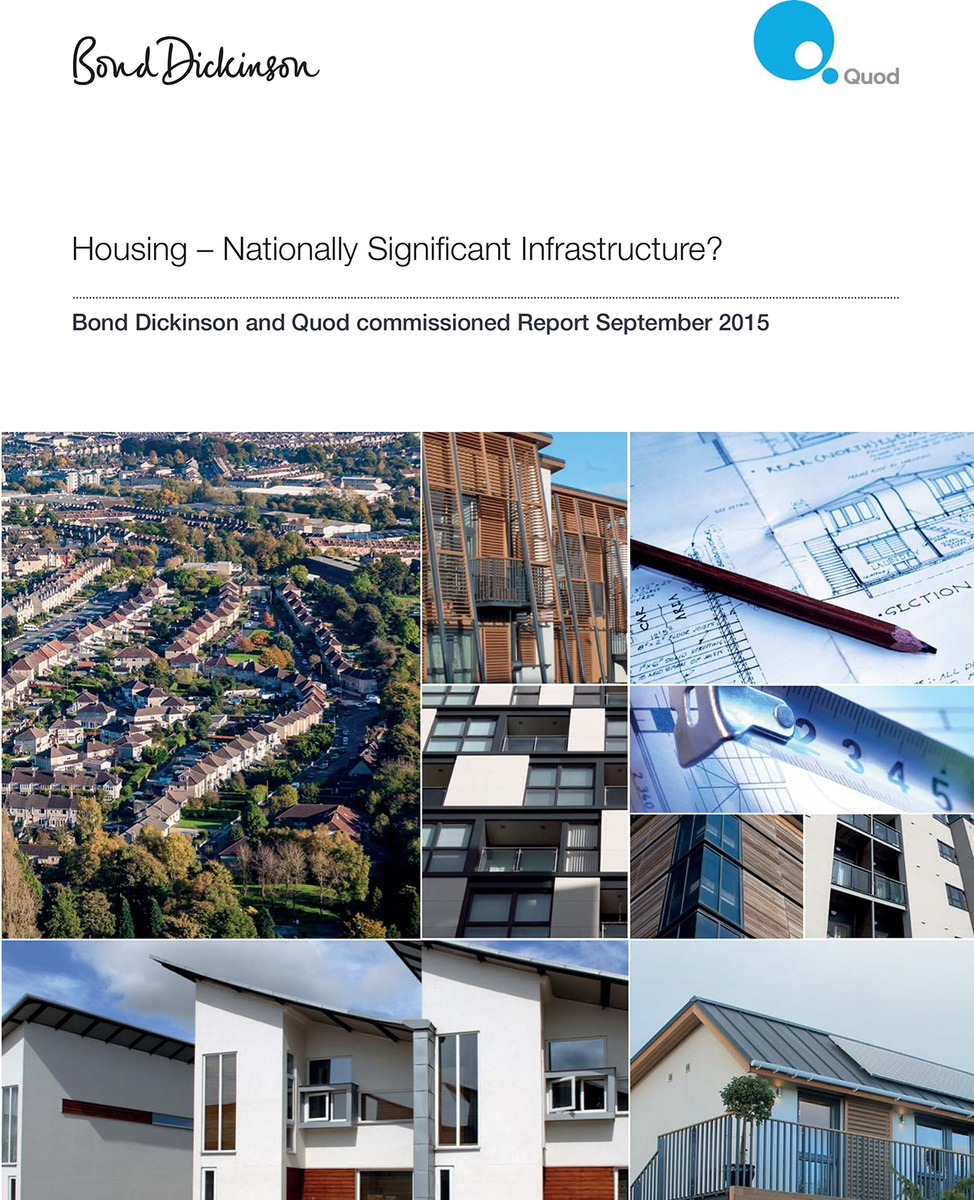You are viewing 1 of your 1 free articles
Broadening scope
The government should include housing in the regime that bypasses the council planning system, says Kevin Gibbs
In recognition of the housing crisis that has engulfed the UK, the Wolfson Prize for Economics in 2014 was devoted to how to deliver a new garden city.
Three of the five finalists suggested that building between 30 and 40 garden cities would be necessary to meet Britain’s housing needs.
Yet the pace at which large-scale housing developments such as garden cities are delivered under the current planning system in no way reflects the ambitious solutions put forward by these entrants.
One of the reasons for this is that the power of the private sector to fund and contribute to the development of large-scale housing projects and new settlements is not being adequately harnessed.
The first garden cities at Letchworth and Welwyn Garden City were developed and funded by the private sector with governance mechanisms put in place to manage the new settlements.
One of the findings of a new report commissioned by ourselves and planning consultants Quod entitled Housing – Nationally Significant Infrastructure? is that a similar principle would be beneficial today.
At present developers are denied the land assembly and infrastructure planning process to deliver housing developments.
With appropriate safeguards in place, the Nationally Significant Infrastructure Projects (NSIP) regime could transform the ability of the private sector to help resolve the housing crisis, whether individually or in tandem with local authorities.
The NSIP regime was introduced by the Planning Act 2008, allowing promoters to apply directly to the Planning Inspectorate for a Development Consent Order.
The application is heavily consulted on and then independently examined within a fixed timetable before the inspectors make a recommendation to the secretary of state.
“Given the scale of the housing shortage, it seems illogical to continue to exclude what is surely the area of greatest need.”
The regime is widely regarded as a success with more than 40 nationally significant infrastructure projects having been consented so far.
In 2014 the government extended the regime to include business and commercial development, but housing has hitherto been excluded.
The July 2015 Budget included proposals to legislate “to allow major infrastructure projects with an element of housing” to be included, but housing-led schemes remain excluded.
Given the scale of the housing shortage, it seems illogical to continue to exclude what is surely the area of greatest need.
There would, of course, be obstacles to be overcome such as the relationship with local planning and the development plan system, but there is a lack of realistic alternatives that are capable of delivering large-scale developments.
The NSIP regime has numerous benefits, from the provision of a single process even when the application spans more than one local authority area, to the certainty of decision-making within a defined timescale and on-going stewardship provisions. It also allows complex projects requiring various different approvals to be consented in a single process.
But perhaps most pertinent, at a time when local authority budgets are more squeezed than ever, is that the regime allows private sector promoters to apply for and secure all the necessary powers to deliver large-scale development, including powers of compulsory purchase.
The delivery of new settlements and large-scale housing schemes continues to progress at a snail’s pace and it is certainly not keeping up with the demand for housing.
Whilst the government is considering ways for the NSIP regime to include “an element of housing”, it should also seriously consider widening the regime to include housing-led projects, together with the relevant associated infrastructure.
Kevin Gibbs, partner, law firm Bond Dickinson











